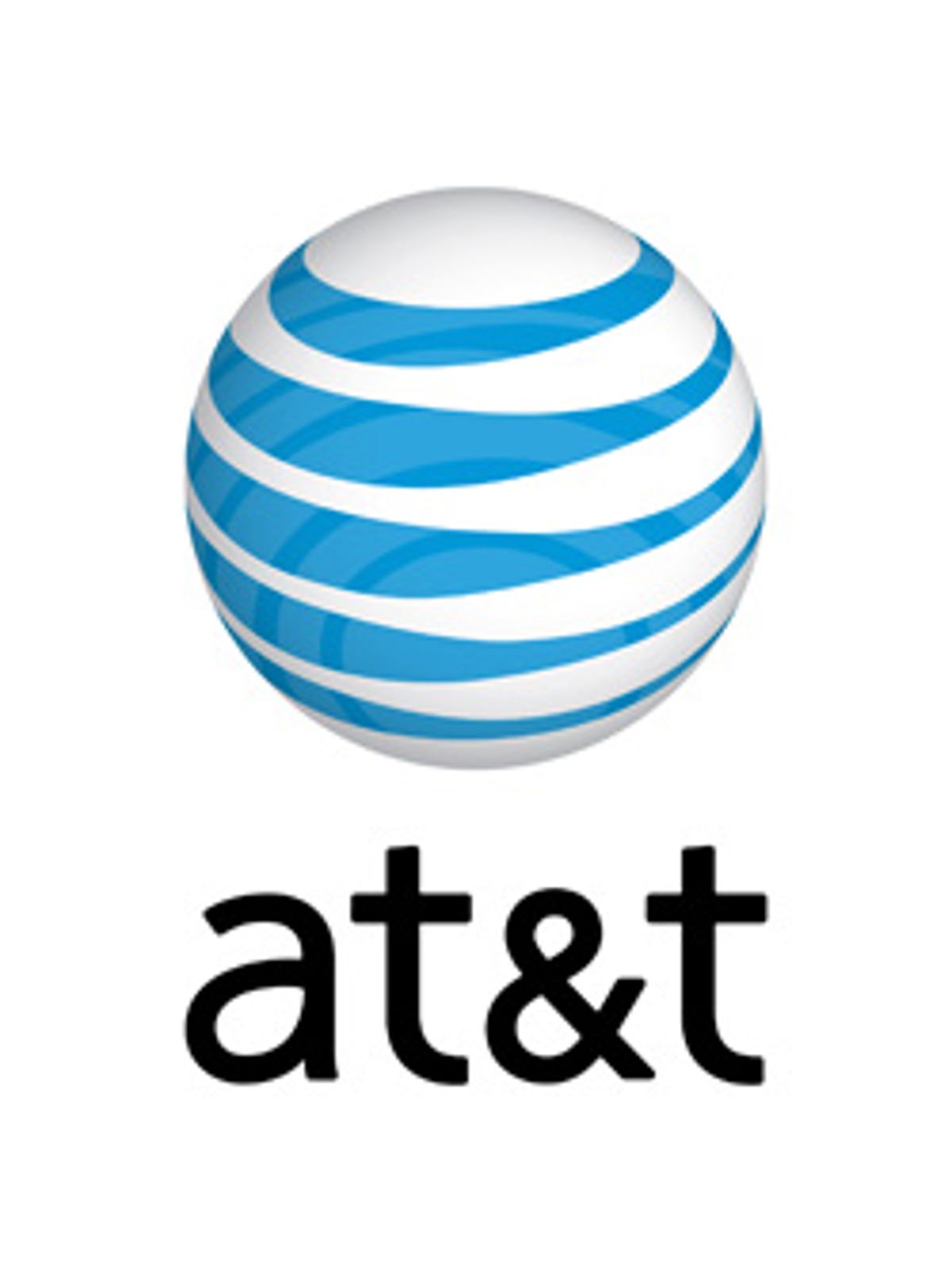AT&T may be looking at new ways to control data hogs on its wireless network.
The company is rumored to be considering throttling super-heavy data users and restricting them to slower speeds in an effort to better manage its network and keep up with demand for mobile data, according to the blog 9to5mac.

The new policy could start the first in October, which is right around the time that Apple is expected to launch its next generation iPhone, the blog said.
AT&T wouldn’t be the first wireless operator to employ such tactics. T-Mobile USA, which AT&T is trying to acquire, now slows down network connections for customers who exceeded its bandwidth cap. The company did this instead of charging customers overage fees. And Sprint Nextel’s prepaid brand Virgin Mobile USA recently announced it plans to eliminate its unlimited data plans and will instead restrict data speeds when customer exceed more than 2.5GB of data per month.
It’s unknown what AT&T’s threshold of high-data usage would be. The company already sells wireless data plans for $25 for 2GB of data per month and $45 for 4GB of data. It’s likely that customers who pay for a certain tier of service would be throttled if they exceed these usage caps in a month.
An AT&T spokesman said that the company had no comment on the rumor.
It wouldn’t be surprising if AT&T is considering network throttling as part of its policy to better manage its wireless network. AT&T more than any other wireless operator in the U.S. has struggled to keep up with demand on its network.
In the summer of 2007, it was the first wireless operator to get Apple’s iPhone. Since then, traffic on AT&T’s network has skyrocketed. The company has said that its traffic grew 8,000 percent from 2007 to 2010. And it expects the growth to continue into the future as more subscribers use smartphones and tablets.
By 2015, AT&T estimates that mobile data traffic on its network will reach eight to ten times what it was in 2010. To put it another way, the company says that in just the first five to seven weeks of 2015, AT&T expects to carry all of the mobile traffic volume it carried during 2010.
The rapid growth in traffic has put strain on AT&T’s network. And customers especially in urban settings, such as New York City and San Francisco have complained about dropped phone calls and slow data connections. The company has been bulking up its network with higher capacity links from cell towers to the Internet and it’s also been upgrading its network technology to HSPA+, the next generation of its existing 3G technology. And it’s starting to build a 4G LTE network.
But even with all this effort, AT&T is still scrambling to keep up with demand for more mobile data. In fact, the company says it needs to spend $39 billion to buy T-Mobile USA to get more spectrum so that it can keep up with demand on its network.
Last year, just before Apple launched the iPhone, AT&T ushered in a new tiered data plan to help curb the heaviest data users on its network, which the company claimed were eating up a disproportionate amount of bandwidth. It eliminated its unlimited data plan for new smartphone subscribers.
But in an effort to appease existing customers, it grandfathered-in current subscribers with unlimited data plans. The company even decided to allow these subscribers to keep their unlimited data plans when they upgraded to new phones after their existing contracts expired.
The result is that there are millions of customers still on AT&T’s network with unlimited data plans. AT&T could use the new throttling policy as a way to reign in the heaviest data hogs in this group. When the company introduced the new tiered data plans more than a year ago, AT&T representatives said that only about 3 percent of its customers exceeded 2GB of data usage a month. And these customers were accounting for 40 percent of the resources to manage the network.
If AT&T does begin slowing down or throttling traffic, it could pave the way for Verizon to follow. Verizon eventually followed AT&T’s tiered pricing model. And there is speculation that Sprint Nextel may also need to change its pricing policy in order to charge customers for data that they use.



